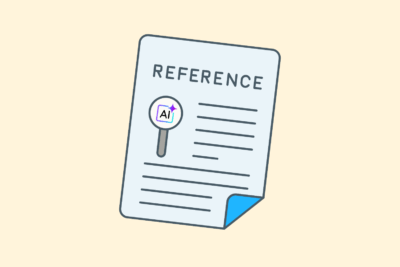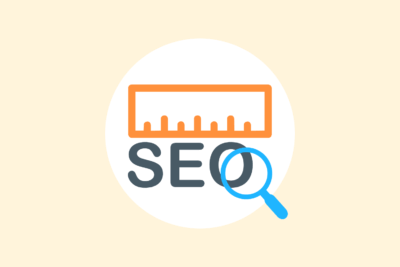Local findability in AI: how do you strategically name a city?

The rise of generative AI in search engines provides a new dimension in local findability. Where previously you mainly optimized for Google Maps, local packs or search terms with place name, findability in systems like ChatGPT or Gemini requires a different approach. One of the questions I often get: how do you strategically name a city in your content so that AI picks it up properly?
What I see is that AI systems like ChatGPT or Perplexity rarely repeat complete searches. They summarize. They look for meaning. And then if your content contains the correct place name, but no context or relevance, you still hit the mark.
Why the mention of a city is not enough
Mentioning a city on your page is not the same as being locally relevant. LLMs don’t look purely at keywords, but at how credible and useful your content is within that geographic context. That’s why I always make a clear link between the service and the local environment.
Each time I write, I ask myself the question: why would this page on SEO be relevant to someone in Eindhoven, Groningen or Middelburg? That forces me to name sectors, locations or local preferences. That’s how a language model recognizes signals.
The three layers of local relevance
I always work with three levels of local findability, which I incorporate into the structure of the text:
- Hard local signal: the place name in title, headline or first paragraph.
- Contextual signal: designation of specific neighborhoods, business parks or events.
- Semantic signal: link to local sectors or types of businesses (think high-tech in Eindhoven or tourism in Maastricht).
By cleverly combining these three layers, I help not only Google, but also systems like ChatGPT better understand why I am locally relevant. Simply repeating “SEO in Breda” doesn’t do that.
Getting started with SEO? Feel free to get in touch.

The role of entities in place names
Language models are built on recognition of entities. For such a model, “Eindhoven” is not only the name of a city, but also a hub of tech companies, Design Week, ASML and TU/e. If I want AI to see a page as relevant to Eindhoven, I need to show that I understand the connection between the different entities.
To show that I understand this connection, I regularly mention entities specifically linked to that city on local SEO pages. Not as a trick, but because it shows that content is meaningful within the local context. (1)
Avoid these mistakes with city names
What I often see in mediocre AI output or quickly generated landing pages are these errors:
- The place name is repeated forcibly, without context or added value.
- There is no connection to the target audience in that region (e.g., business profiles or market characteristics).
- The content is copy-paste across multiple cities, making the text interchangeable.
Language models see these mistakes being made. Then they ignore that content. So I always make sure that each city page is unique, locally based and content that is useful to someone from that place.
What works in practice?
When I write an SEO page targeting a specific city, I incorporate the city name into the URL and headline, but it doesn’t stop there. Me:
- Name companies, business parks or institutions that the reader recognizes
- Use concrete examples (“An SEO strategy for a logistics company on De Run in Veldhoven”)
- Connect your service to the region: what is going on there, what are people looking for there?
In this way, I make the content not only more local, but also more credible to an AI looking for connections. That is essential for inclusion in a generated response or citation window. (2)
Summary
Local findability in AI requires more than just naming a city. It’s about meaning, context and recognition. “By cleverly combining place names with relevant topics and sectors, my content becomes more visible both in Google and in AI answers from Gemini, Claude or Perplexity.
| # | Source | Publication | Retrieved | Source last verified | Source URL |
|---|---|---|---|---|---|
| 1 | Stop Overcomplicating Things. Entity SEO is Just SEO (SEO Blog By Ahrefs) | 04/10/2024 | 04/10/2024 | 18/11/2025 | https://ahrefs.com/blog/.. |
| 2 | City Pages SEO: How to Optimize Your Local Business for Top Rankings (SEOs Hut) | 16/12/2024 | 16/12/2024 | 05/11/2025 | https://seoshut.com/blog.. |
- Ong, S. Q. (04/10/2024). Stop Overcomplicating Things. Entity SEO is Just SEO. SEO Blog By Ahrefs. Retrieved 04/10/2024, from https://ahrefs.com/blog/entity-seo/
- Hasan, S. (16/12/2024). City Pages SEO: How to Optimize Your Local Business for Top Rankings. SEOs Hut. Retrieved 16/12/2024, from https://seoshut.com/blog/city-pages-seo/






